














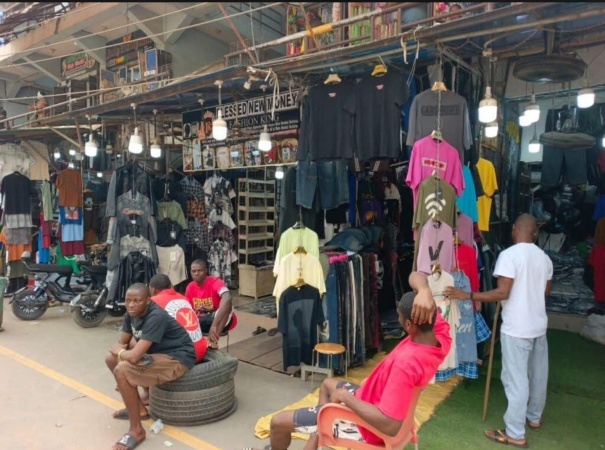

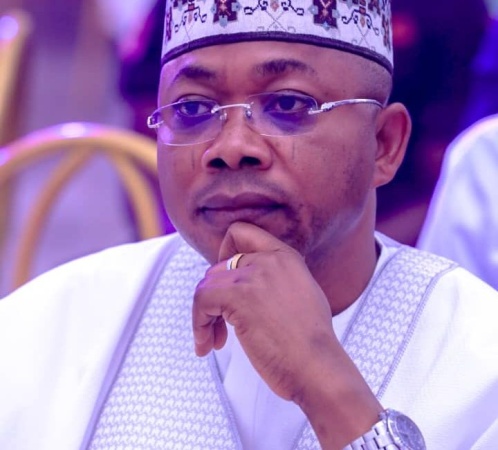
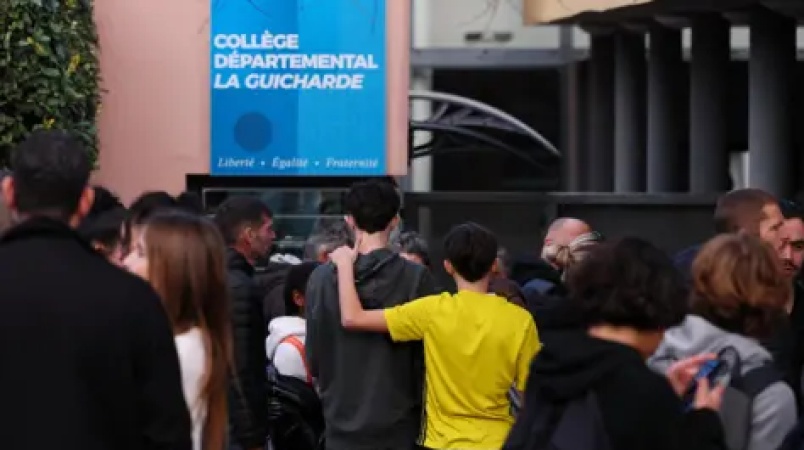

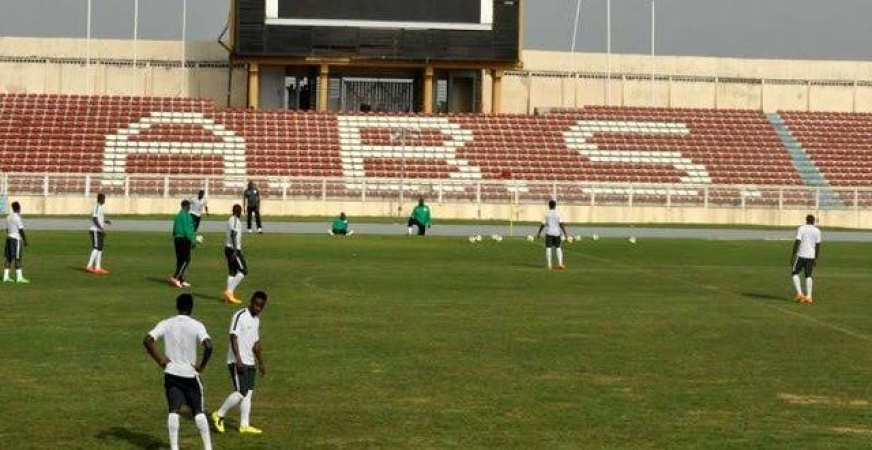

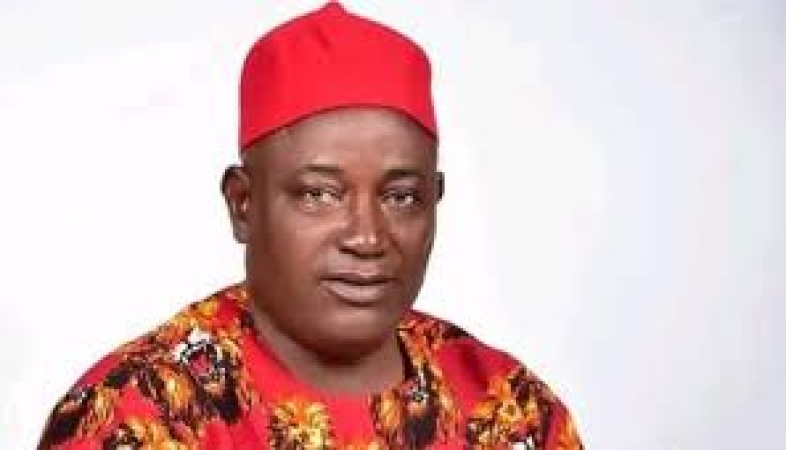

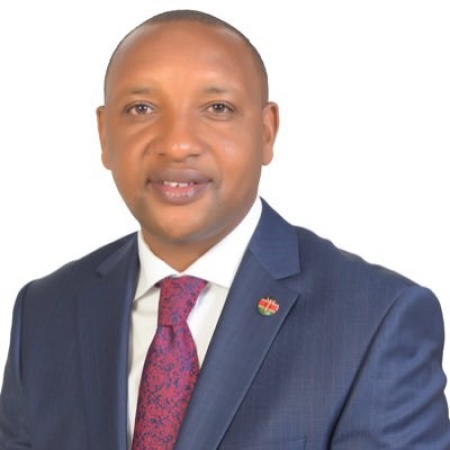

Loading banners


NEWS EXPRESS is Nigeria’s leading online newspaper. Published by Africa’s international award-winning journalist, Mr. Isaac Umunna, NEWS EXPRESS is Nigeria’s first truly professional online daily newspaper. It is published from Lagos, Nigeria’s economic and media hub, and has a provision for occasional special print editions. Thanks to our vast network of sources and dedicated team of professional journalists and contributors spread across Nigeria and overseas, NEWS EXPRESS has become synonymous with newsbreaks and exclusive stories from around the world.

Nigeria?s sub-nationals are yet to break free from federal lifelines as new data show that Jigawa, Taraba and Sokoto are states that are overwhelmingly dependent on the Federation Account Allocation Committee (FAAC).
An Agora Policy report reviewed by BusinessDay shows that FAAC disbursements accounted for 73.8 percent of total revenues of 30 states in the first half (H1) of 2025, highlighting the structural weakness of states? finances two years after fuel subsidies were scrapped and oil receipts swelled their purse.
Of the N6.05 trillion realised in H1 2025, N4.46 trillion came from FAAC allocations, while merely N1.59 trillion was from the internally generated revenue (IGR). The IGR revenue was just 26.2 percent of the total.
Only Lagos broke the trend, with federal transfers representing less than a third of its N1.28 trillion total revenue.
?Akwa Ibom, Lagos, and Edo topped the list of states that received more FAAC revenue than projected, while Osun, Zamfara, and Kaduna recorded the highest shortfalls compared to their FAAC projections,? the policy think-tank said.
Read also: Cardoso flags inflation risk on surging FAAC liquidity
A total of 11 states, including Ekiti and Cross River, beat their IGR targets, but 19 fell behind. Jigawa, Taraba, and Sokoto were among the weakest performers, reflecting weak tax compliance systems and limited economic activity outside federal transfers.
Ayo Teriba, CEO of Economics Associates (EA), attributed the weakness in IGR to the inability of states to ?exploit the opportunities they have within,? stressing that investment is key to unlocking revenue.
?How many of them have an intrastate metro service, a rail line that unlocks internally generated revenue. Lagos is the exception,? Teriba said. ?Having this will create employment and generate revenue.?
The economist noted that while not all the states have the resources to exploit, maximising the little could be enough to attract investors.
Samuel Sule, CEO of Renaissance Capital Africa, said: ?More compliance and higher state taxes and duties will reverse this trend.?
Analysts say the root of the problem is Nigeria?s fiscal architecture.
?Maybe the states are not doing enough to generate IGR, but it?s because of the nature and structure of our tax system,? said Muda Yusuf, director-general of the Centre for the Promotion of Private Enterprise.
Corporate income tax, petroleum royalties, and value-added tax flow into the central pool before redistribution, leaving states reliant on pay-as-you-earn (PAYE) tax as their main lever.
?And some of those revenues that normally should have come directly to them are also paid to the central pool,? Yusuf added.
To plug leakages and broaden the tax base, Nigeria passed four new revenue laws scheduled to take effect in January 2026.
While the reforms are designed to protect low-income earners and strengthen collection, most revenues will still accrue to the centre, limiting the fiscal autonomy of states.
?Without reforming the tax assignment system, states will remain locked into a dependency cycle where FAAC allocations dictate fiscal outcomes,? warned a Lagos-based economist.
Infrastructure deficit
Beyond weak structural tax systems, infrastructure deficits deepen the challenge.
States without seaports, airports, or robust industrial clusters face narrower tax bases, leaving them unable to mimic Lagos, which generated more than N890 billion in IGR in the first half of 2025, more than the combined IGR of 25 states. (BusinessDay)